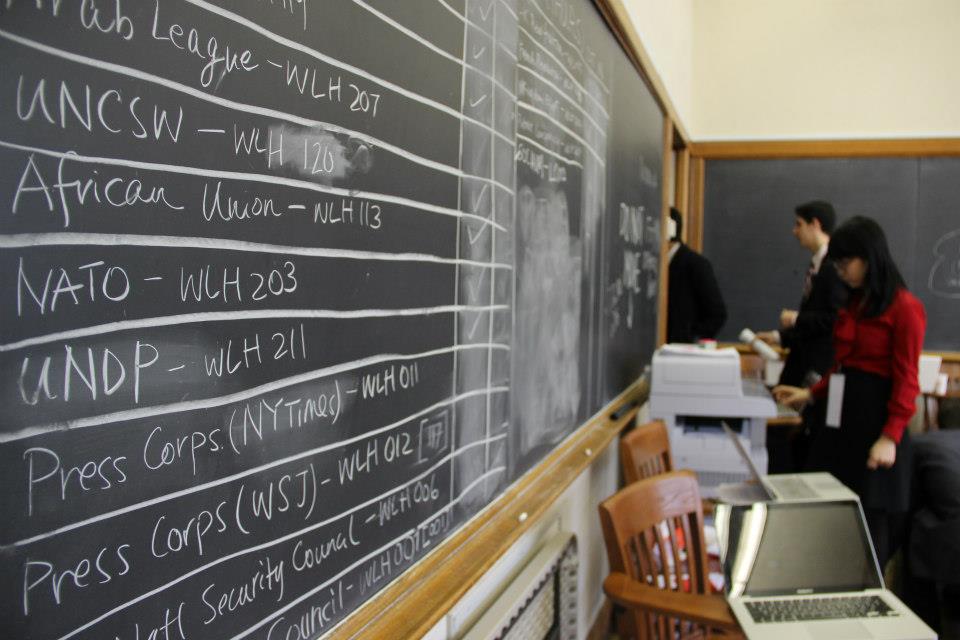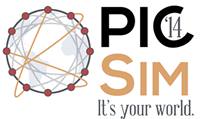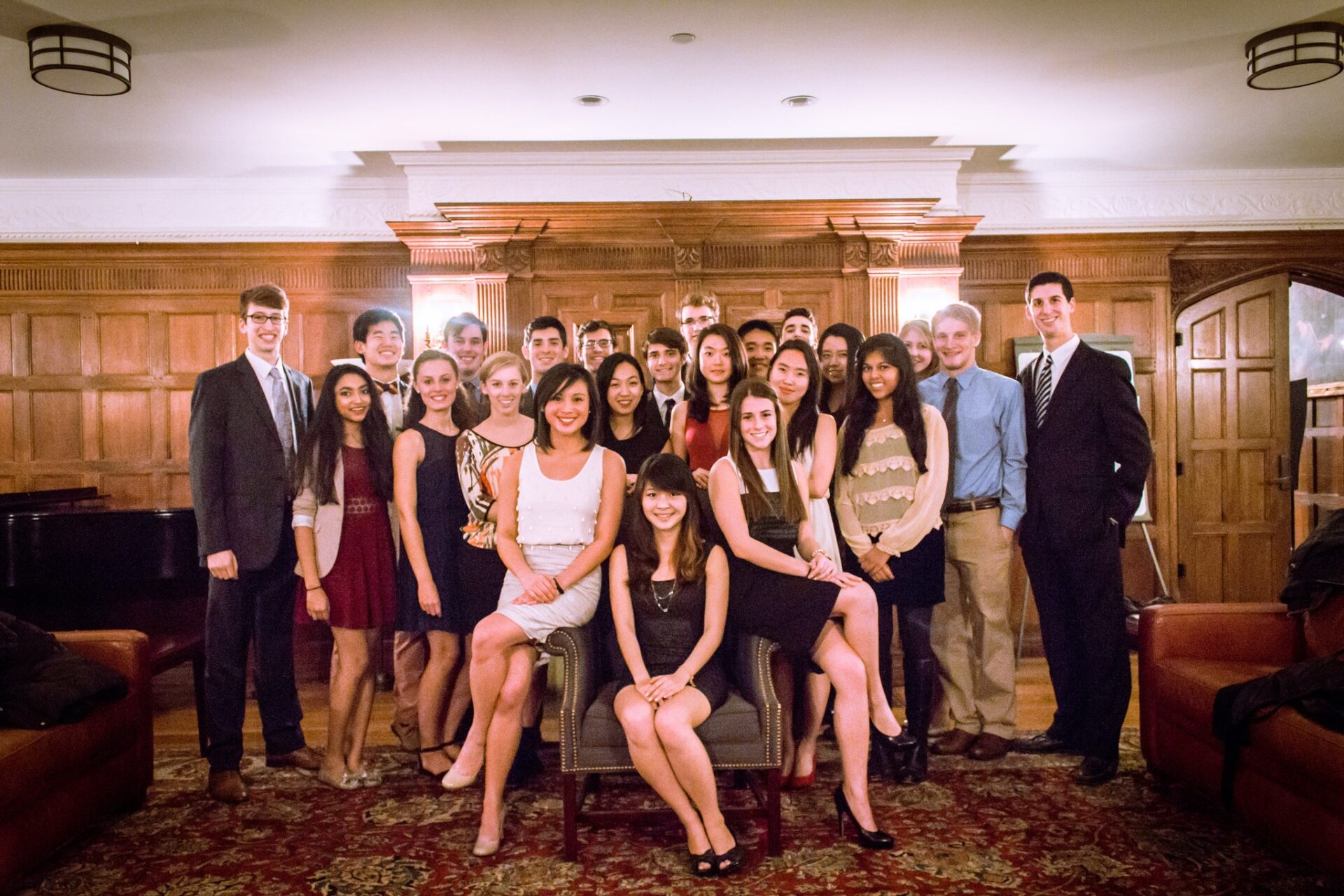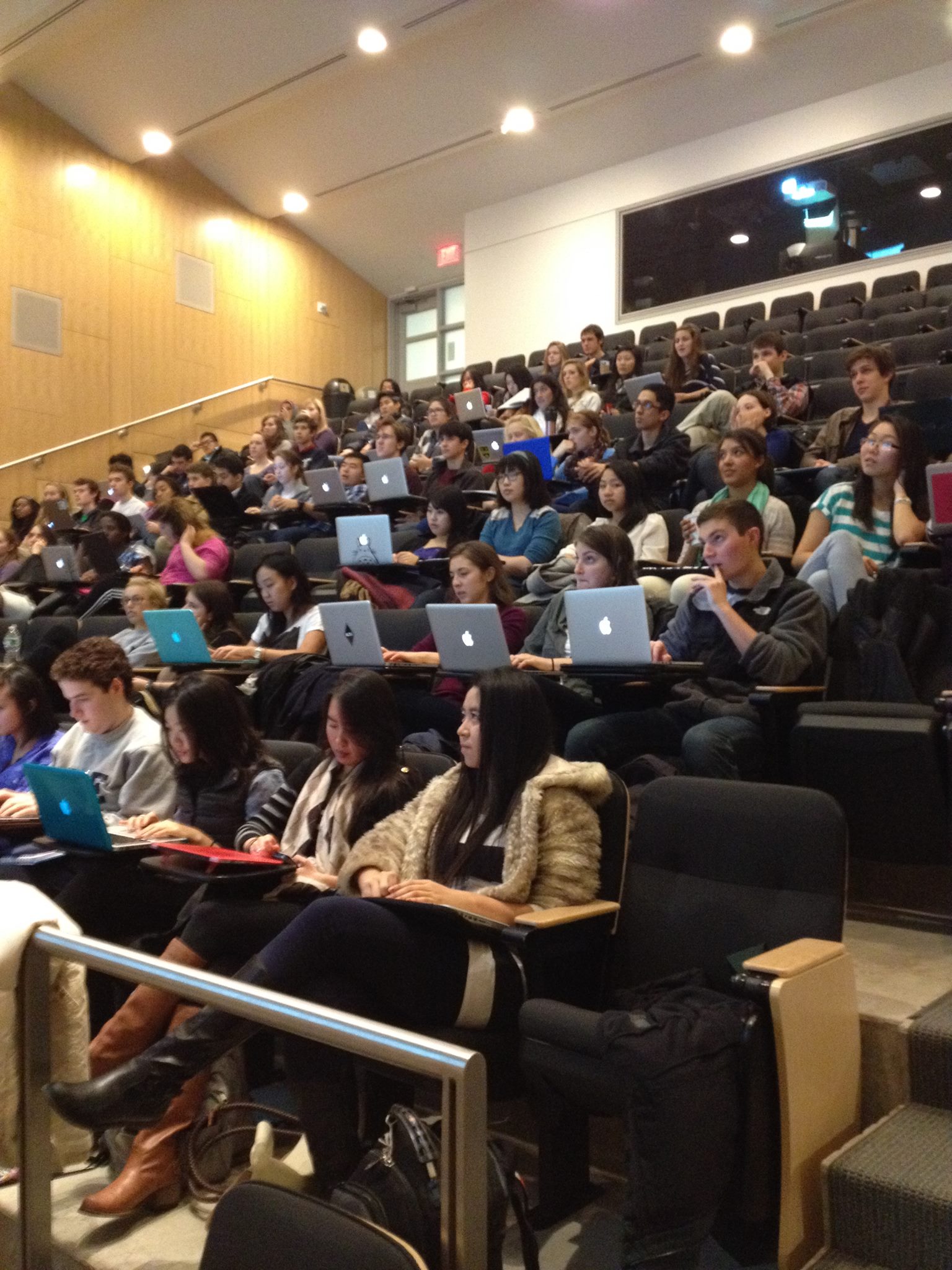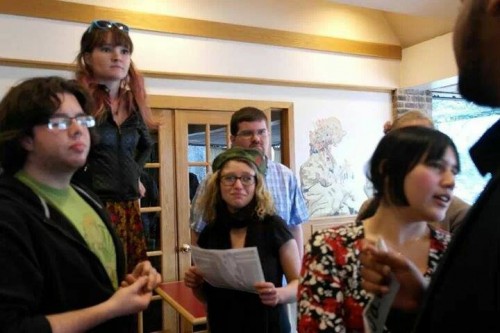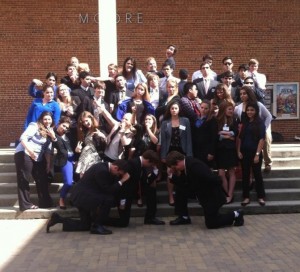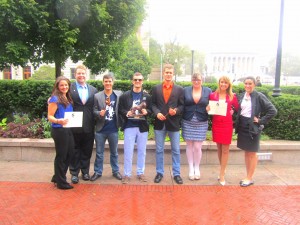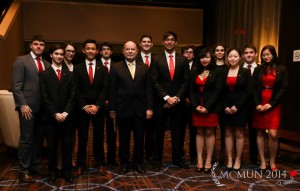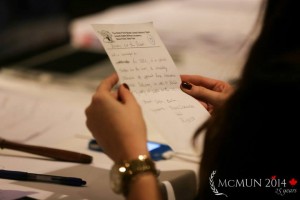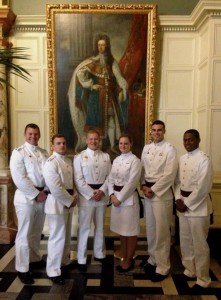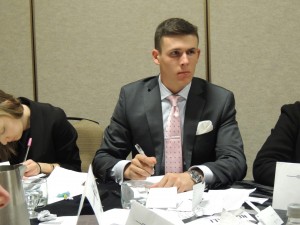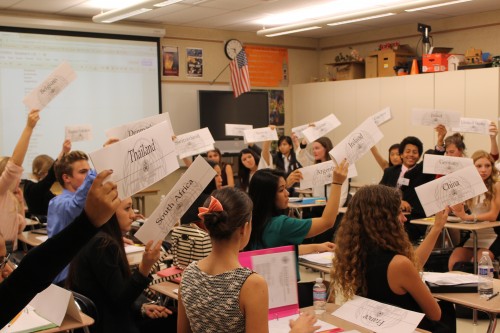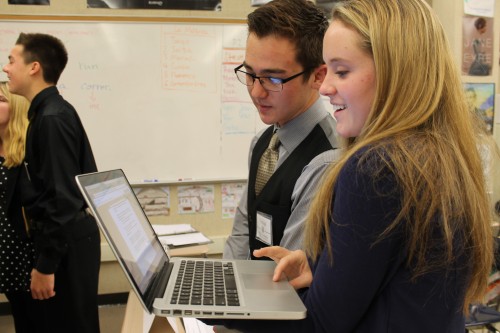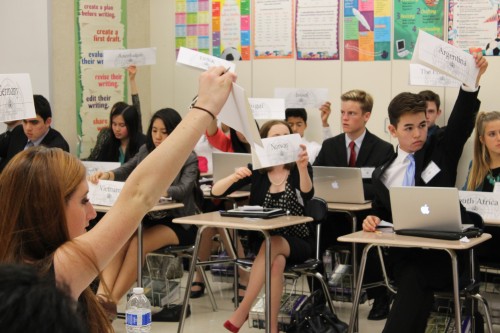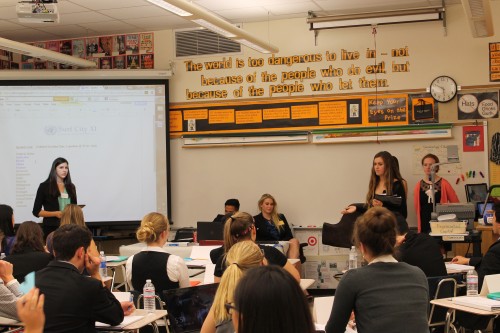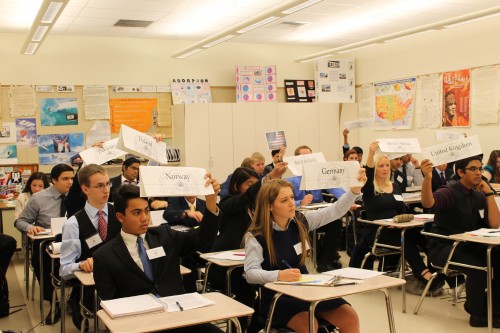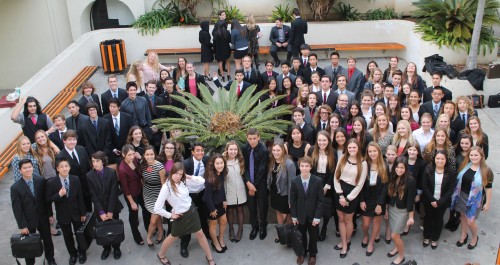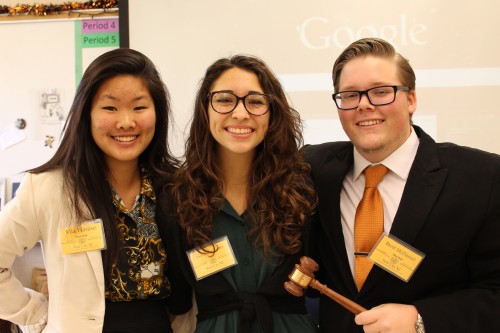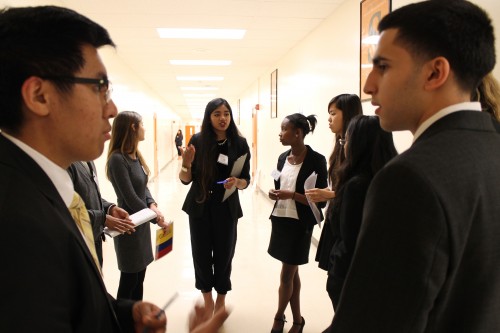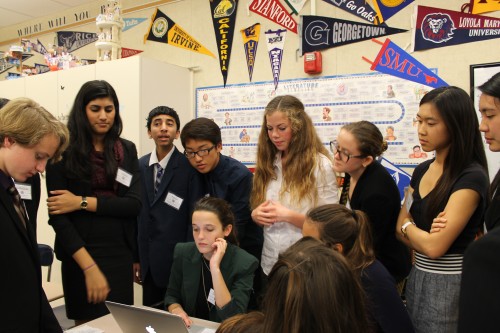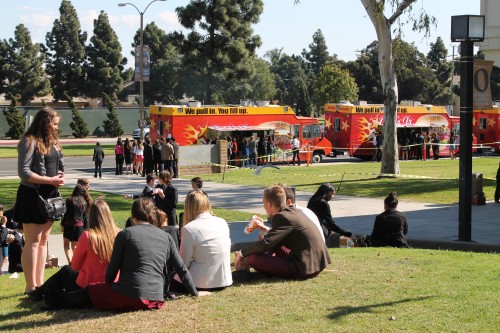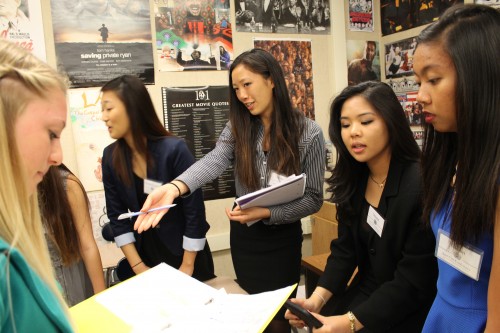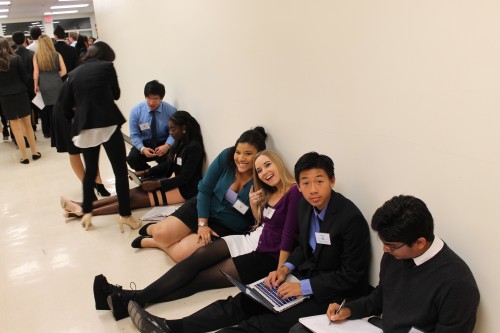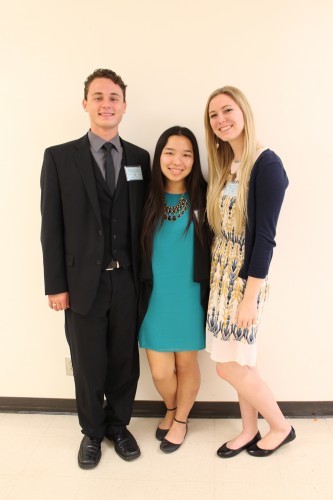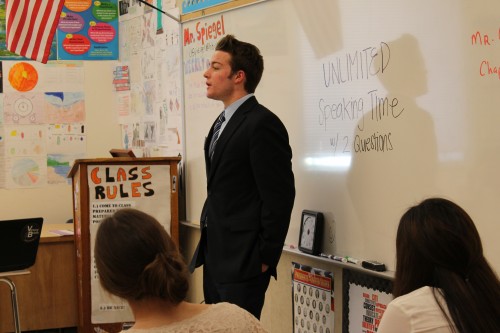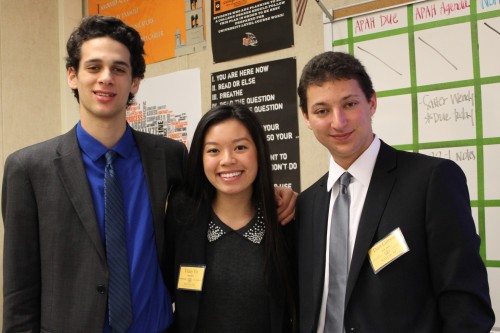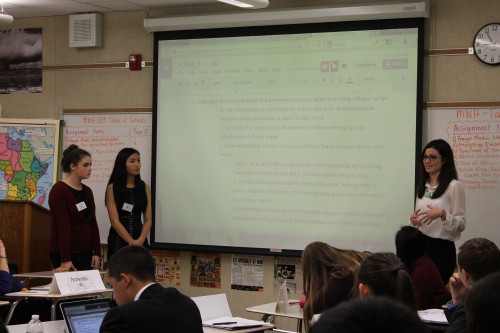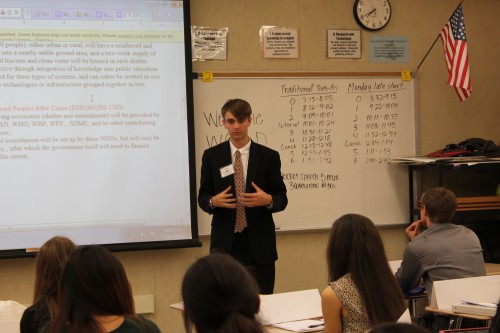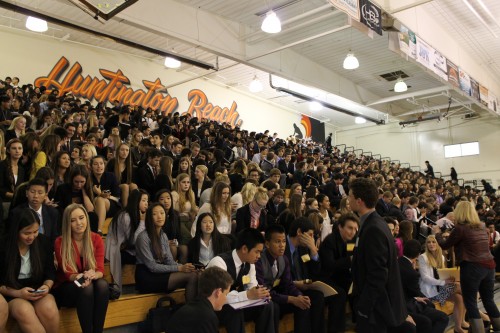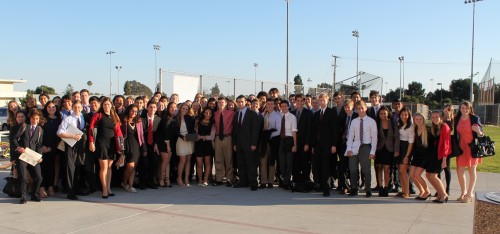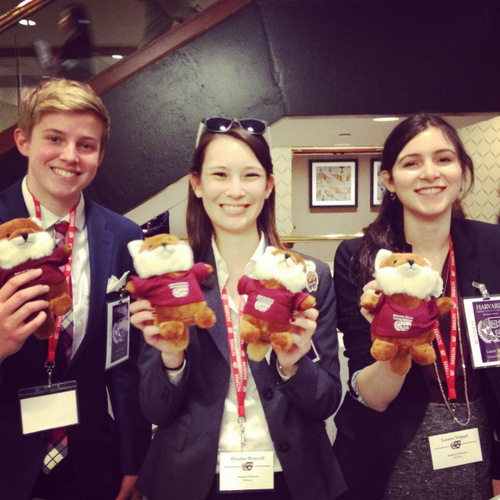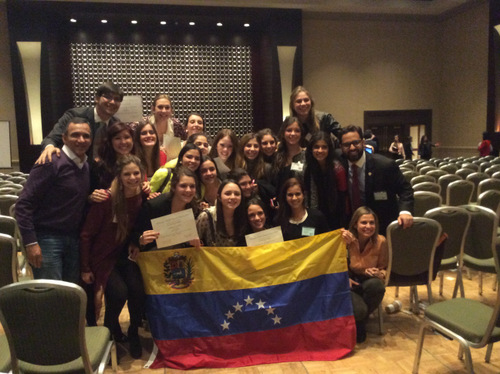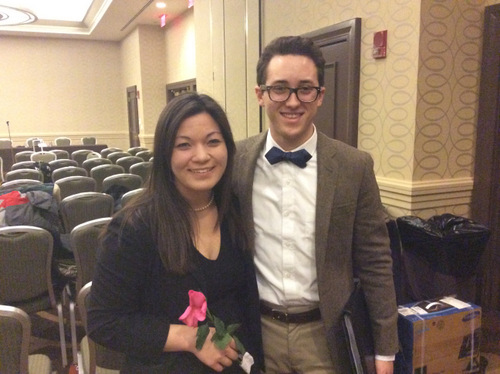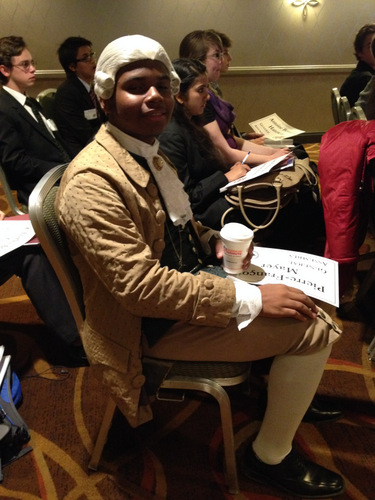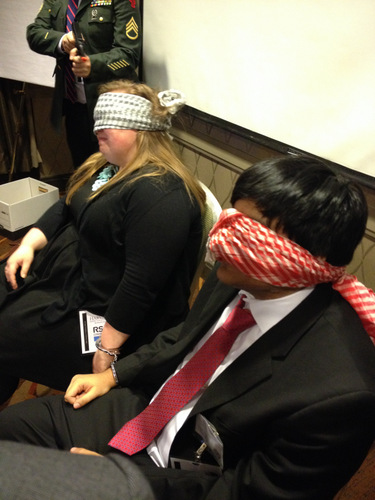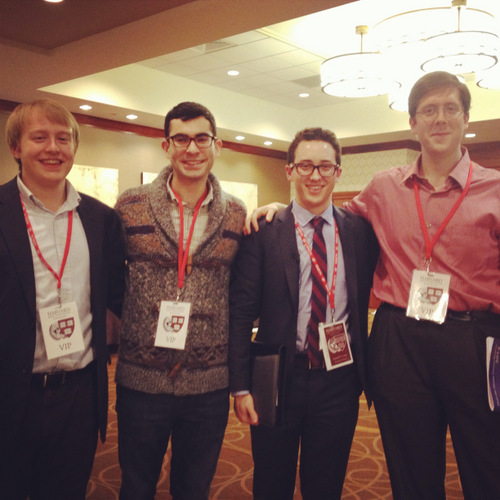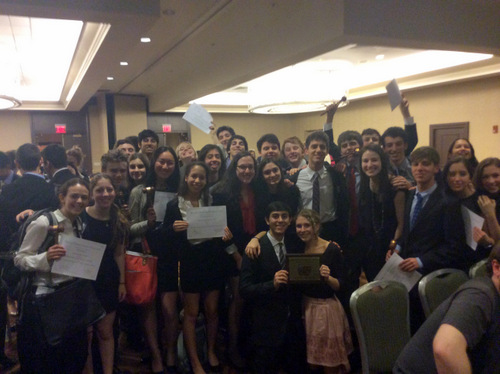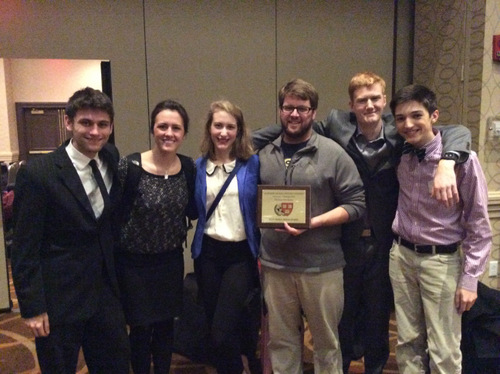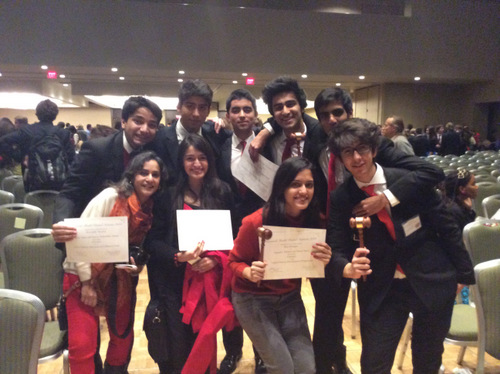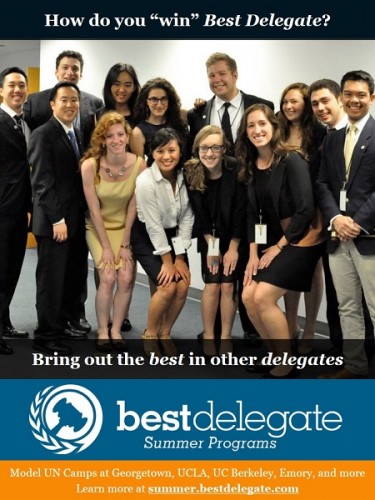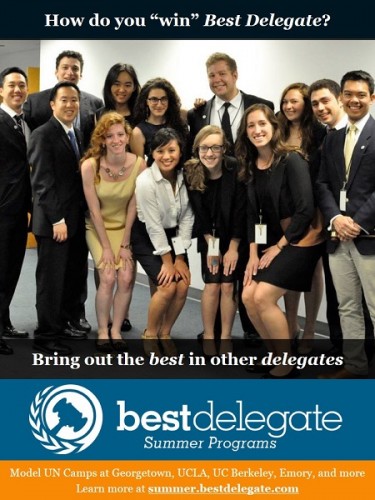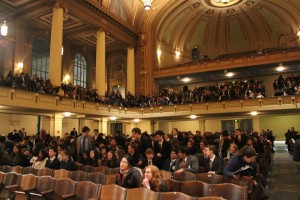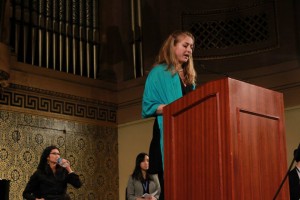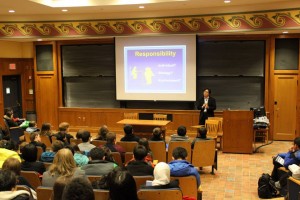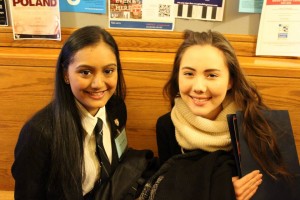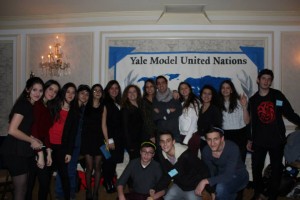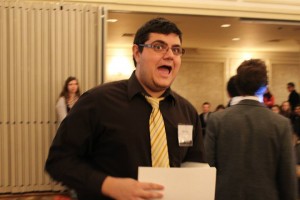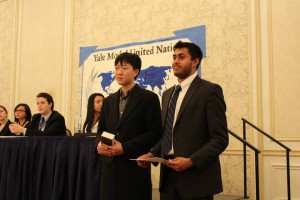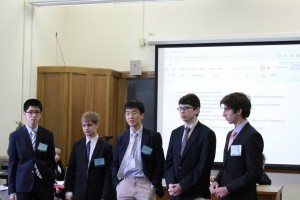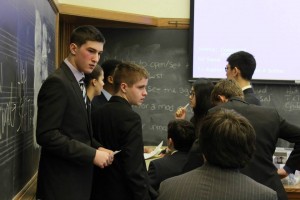In the run-up to the conference, the main responsibility of the chair is the authoring of a document which frames the debate and educates all delegates on the relevant facets of the topics they will be debating. As we went through in the introduction to this series, a large portion of the conference’s success depends on you, the Chair. Writing the guide is a noble and intellectual task, which directly influences the quality of debate. The real-world version of you (the secretaries in any committee, who are the real UN Secretariat) are charged with fact-finding and running the numbers on any ideas the committee has. Likewise, staffers at diplomatic missions, political staff in congress/parliaments have to write up policy briefs that are analogous to the task at hand: This Guide might be the first publically available document with your name on it (a publication, so to speak), and is a semi-professional level of work (definitely more important than your essay, maybe not your thesis), it really is important to get it right: You don’t want them seeing a plagiarised sparknote-fest ten years down the line. A well-written study guide is a successful primer on an important issue in international affairs, worth more than every position paper ever written.
Here’s a few tips for writing the best guide you can:
1) Remember what its for: The point of writing the guide is maximizing the quality of debate. For a Guide to achieve this, the delegates have to actually read it. We’ve all been delegates here, and we’ve all been bricked by a 72-page Guide in the past. As brevity is the soul of wit, a Guide needs some semblance of readability. Pictures, graphs and other illustrations are a great way of keeping your delegate from dozing off while reading your work. This is MUN, you can throw in a youtube video (remember to cite) if you think it will get your point across. The advice that goes for general essay-writing goes for this too: Don’t go off topic, keep it clean and make sure there’s a point to every paragraph (and if there isn’t, delete it). You’ll be able to tell which delegate didn’t read the guide, and no matter how good the guide is, some of your delegates will inevitably fail to read it. Make sure it’s their loss.
2) Do the work for your delegates: There is a notional topic about a complicated issue requiring international multilateral coordination. There will be treaties, declarations and statutes establishing how to deal with them. They are far too much to expect your average delegate to read. Don’t lazily hyperlink to the United Nations Convention on the law of the Sea (UNCLOS) and expect your entire committee to plow through 200-odd pages of dense legalese to find out that 200 nautical miles is the extent of the Exclusive Economic Zone: That’s your job. Provide your delegates with a fact-sheet, a glossary of terms, an executive summary of these. Familiarity with Primary documents (eg. UN Charter) is an important aspect of mastering delegacy, and as a chair, you need to be better than your Best Delegate. The same goes for any other issues: the history of violence between Hutus and Tutsis? Show them the nooks and Crannies. Balfour Declaration? Explain the context. Specificationss of a Nimitz-Class Aircraft Supercarrier? Cakewalk.
3) Frame the debate: This may be the most important aspect of the study guide, as well as the easiest tell for which delegates actually read the Guide. It’s hilarious when you correct a position paper that completely missed the point of the topic, less so when its your fault because you were unclear about the relevant backstory and which direction the debate should head in. This is the only place where a Chair can be less-than-neutral: You get to take the UN’s side. Past resolutions (not forgetting to summarize what they actually did), current lines of action already put in place (and how they could be made better). Again, research is the basis for this all, but your own analysis can indeed help with teasing out an effective resolution from the committee you lead.
4) Make it publishable: At this point in the editing process you need to think “This document will be freely downloadable for months”. Make sure it doesn’t embarrass you. To a certain extent, you have been selected for publishing, the only difference is you haven’t written it yet. Whatever your topic, make sure that it could hold its own against published materials on the subject. Google Scholar is your friend here: There’s all kinds of IR and PoliSci journals that will have dealt with the topic. With contentious issues like LGBT rights or Israel/Palestine, neutrality is your friend. You will find a delegate who holds strong views one way or the other. Now remember they are paying to attend your committee. Neutrality. Stick to it. The last thing to remember, at the risk of repeating myself, is that there are (very) well-paid professionals in the offices of Congressmen, MPs, Senators, MEPs, Ambassadors and Presidents whose job is to prepare documents like this one in the exact way (in some cases even the same topic) as you are. If it ever was your time to shine, this is it.
5) Conclude with a reminder: It is easy to forget, as a delegate, what it is you’re supposed to be doing, especially after reading a dizzyingly-long study guide about some arcane issue in a far-flung place you hadn’t heard of. I’ve found my conclusions to be relatively similar despite differing topics: What is the position you have to represent? What actions are you taking/can you take? Who’s your rival? Why? All of these questions should be asked in some way, before reminding your delegates that their job is to write a resolution together, that politics is the art of the possible, and that they should read the further reading list attached below. You did cite everything, didn’t you?
Next up: Grading position papers

